Victorian Children’s Illustrators
The late C19 – early C20 period is commonly regarded as “The Golden Age” of children’s illustrated books and our new display showcases some representative works from five renowned illustrators of the period.
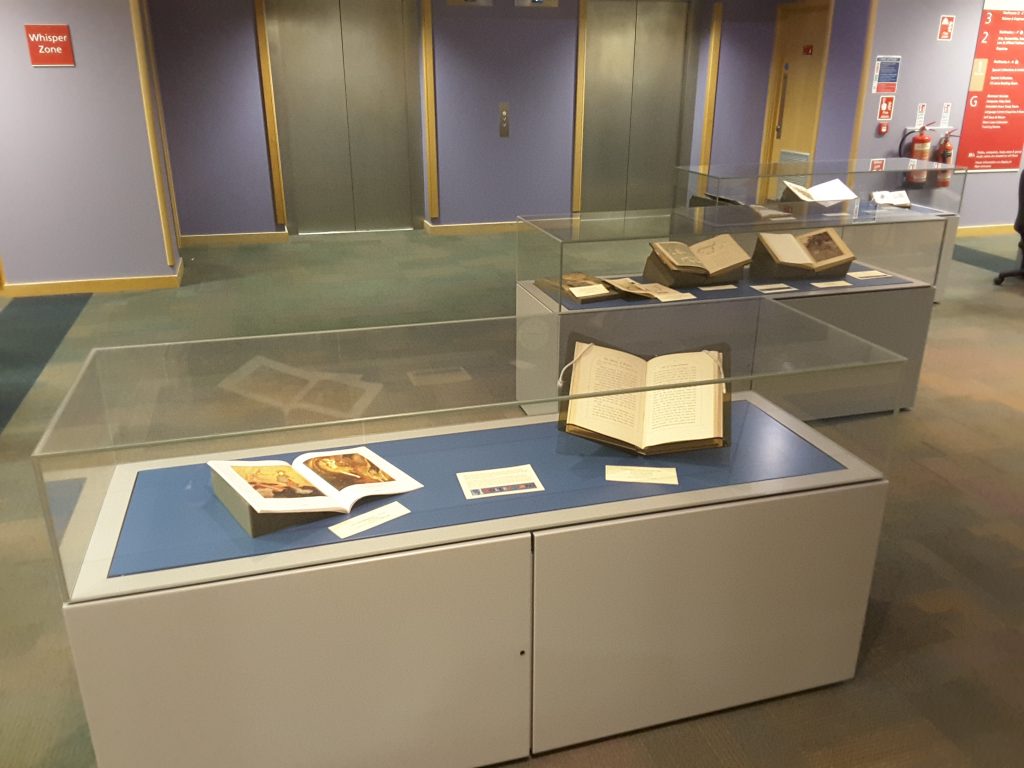
Randolph Caldecot (1846-1886)
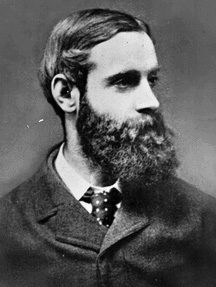
(Image:CC0)
Born and educated in Chester, where his prodigious artist talent was evident even as a child, Caldecot gave up his job in banking at the age of 26 to pursue a career as an artist. He soon attained both critical and commerical success as an illustrator and artist, not least through the 16 volumes of picture books produced in collaboration with printer Edmund Evans.
The Caldecot Medal is named in his honour and awarded annually by the American Library Association to the artist of the most distinguished American picture book for children.
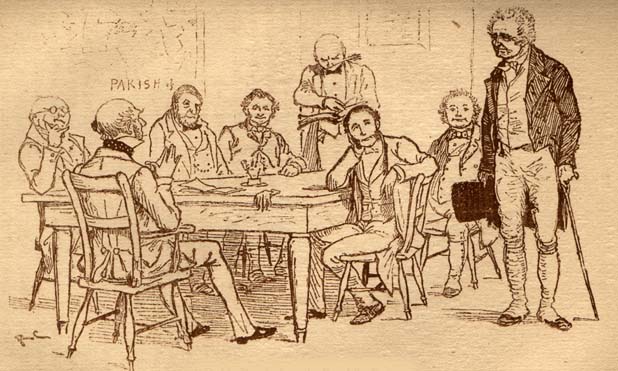
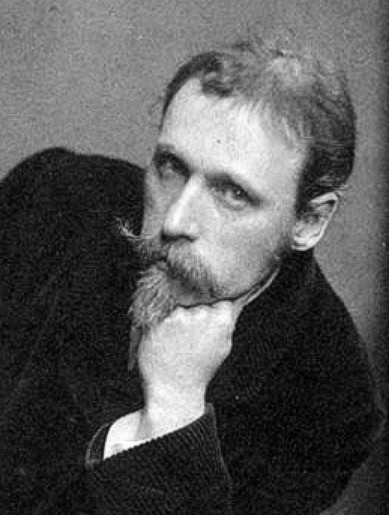
Detail of photo by Frederick Hollyer (1837-1933). Public Domain
Walter Crane (1845-1915)
Born in Liverpool and raised in Torquay, the young Crane served a three-year apprenticeship with wood engraver W. J. Linton. Aged 20, Crane was commissioned to illustrate a series of books to be printed by Edmund Evans, eventually producing 37 of these ‘toy’ books over the next decade. With Randloph Caledcott and Kate Greenaway, Crane is considered one of the most influential children’s book illustators of his generation.
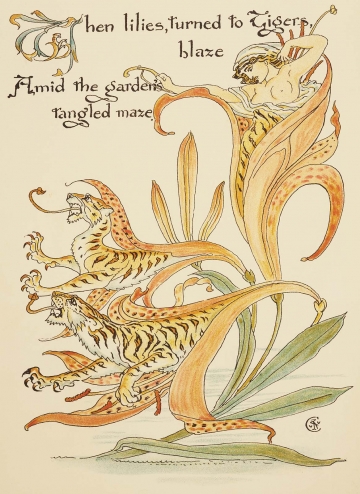
Edmund Dulac (1882-1953)
French by birth, although he would later become a naturalised Briton, one of Dulac’s first commissions was a series of 60 illustrations for the Brontë novels. A regular contributer to the Pall Mall magazine, his next major commission came from Hodder and Stroughton who asked him to provide the illustrations for their new (1907) edition of The Arabian Nights.
Dulac supported the war effort by turning his artistic talents to the design of posters, stamps and charity gift books. Whilst book illustration remained a keen interest, Dulac’s post-war creativity found outlets as varied as theatre design, currency design and stamp design.
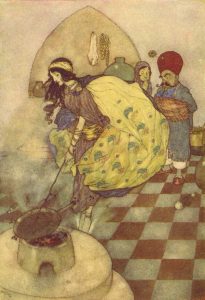
“The Fisherman and the Genie”

Image CC0
Kate Greenaway (1846-1901)
Catherine (“Kate”) Greenaway enrolled at the Finsbury School of Art at the age of 12, and from there went on to study at the National Art Training School at Kensington (now the Royal College of Art). Her first book illustration was published in 1867 and this was soon followed by a significant commission to produce six watercolour images to illustrate the children’s book Diamonds and Toads, published by Frederick Warne. Her work was regularly commissioned in the years that followed and in 1878, Greenaway published the first of her own books, Under the Window: Pictures and Rhymes for Children, to widespread critical acclaim. Other books written and illustrated by Greenaway include The Language of Flowers, Kate Greenaway’s Alphabet and Kate Greenaway’s Book of Games.
Established in 1955, the Kate Greenaway Medal is awarded annually by CILIP in recognition of “distinguished illustration in a book for children”.
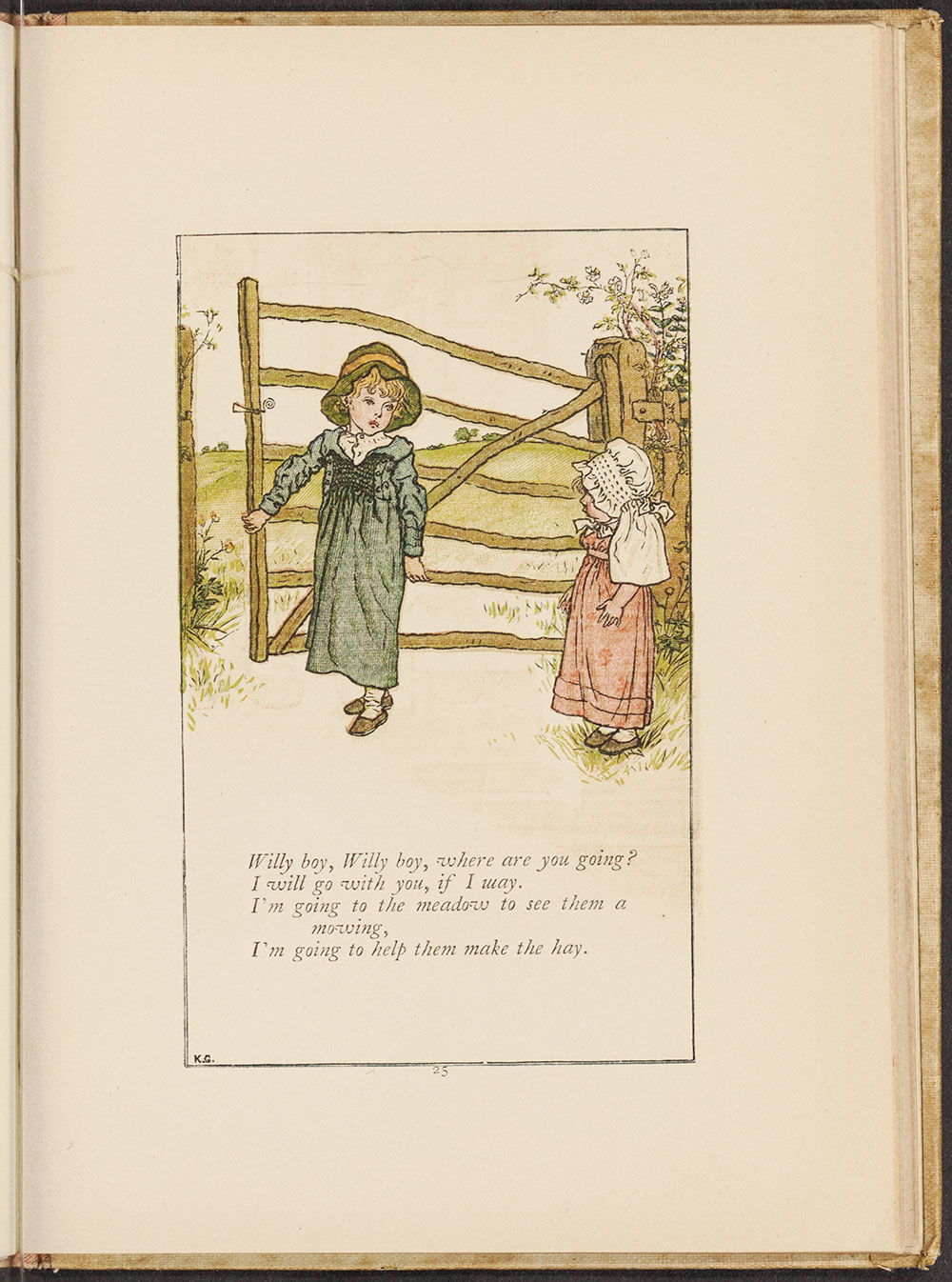
London and New York : Frederick Warne, (1881?)
“Willy Boy”
Arthur Rackham (1867-1939)
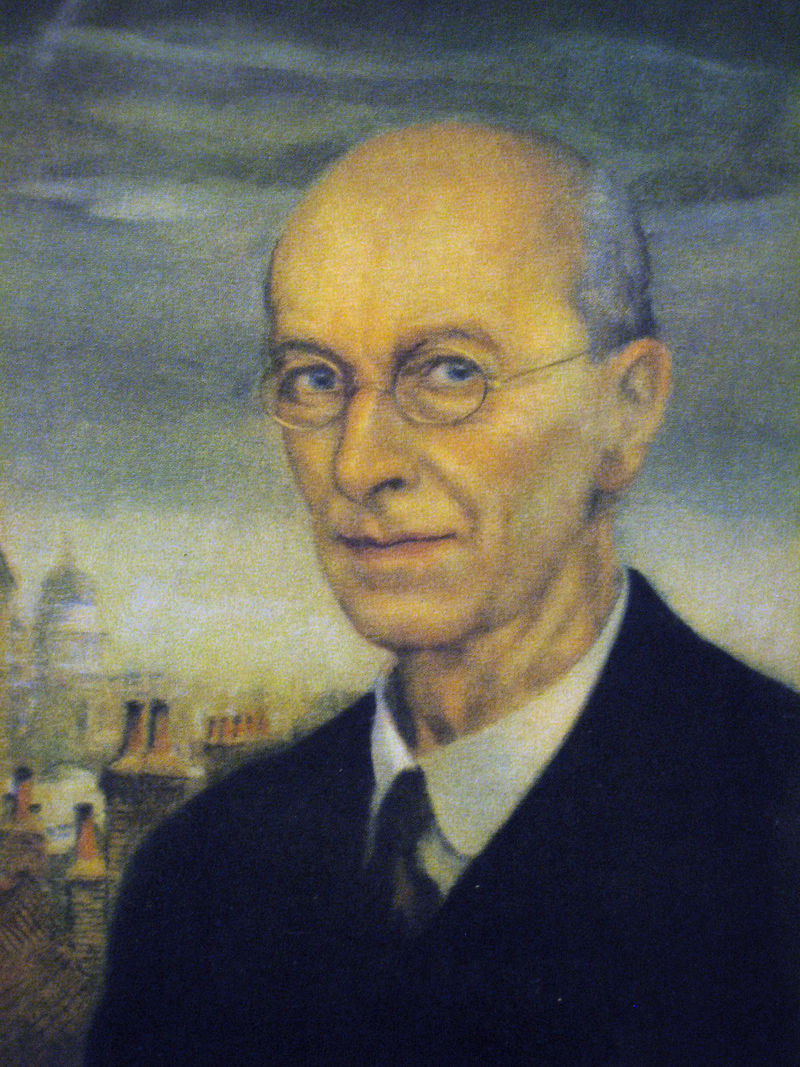
Born in London, Rackham attended evening classes at the Lambeth School of Art before taking up a position as news and features illustrator on the Pall Mall Budget, followed by the Westminster Buget and the Westminster Gazette. His first major illustrations for children’s books included Gulliver Travels (1900) and Grimm’s Fairy Tales (1900).
Rackham’s changing styles over the course of his career reflected improvements in printing technology and the varied influences of his extensive European travels as well as demonstrating his extraordinary versatility as an artist.
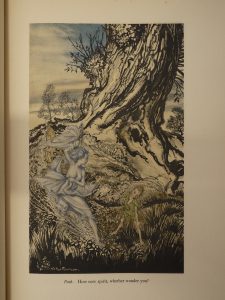
Books displayed:
Daddy Darwin’s dovecot : a country tale by Juliana Horatia Ewing … illustrated by Randolph Caldecott
An elegy on the death of a mad dog Written by Dr. Goldsmith, pictured by R. Caldecott, sung by Master Bill Primrose.
A masque of days : from the last essays of Elia newly dressed & decorated by Walter Crane.
Flora’s feast : a masqve of flowers, penned & pictured by Walter Crane.
Princess Badoura : a tale from the Arabian nights retold by Laurence Housman ; illustrated by Edmund Dulac.
Dulac’s Fairy Tale Illustrations in Full Colour by Edmund Dulac. Dover: New York, 2004 [Private Collection]
Kate Greenaway pictures from originals presented by her to John Ruskin and other personal friends (hitherto unpublished) With an appreciation by H. M. Cundall
The pied piper of Hamelin by Robert Browning ; with 35 illustrations by Kate Greenaway ; engraved and printed in colours by Edmund Evans.
Mother Goose : or, The old nursery rhymes Illus. by Kate Greenaway.
A midsummer night’s dream by William Shakespeare ; with illustrations by Arthur Rackham.
The Ingoldsby legends : or, Mirth and marvels By Thomas Ingoldsby, esq. (the Rev. Richard Harris Barham). With illustrations by Arthur Rackham.

